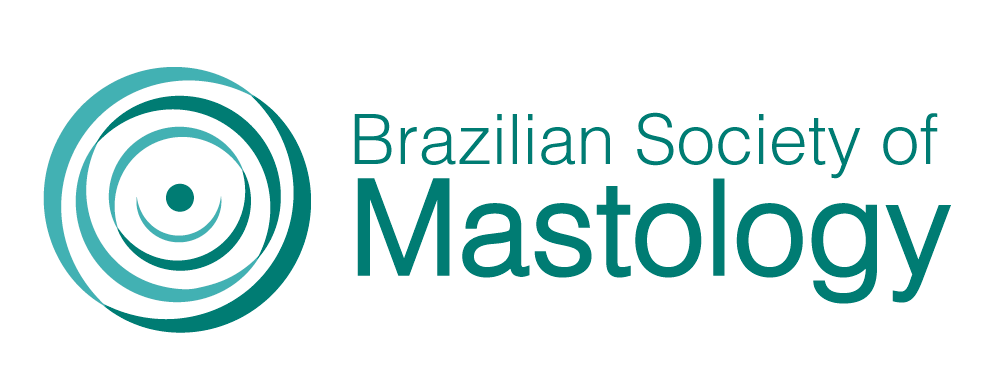PREDICTORS OF BREAST CANCER PROGNOSIS BASED ON TUMOR BIOMARKERS
Palavras-chave:
Tumor Markers, Breast Cancer and PrognosisResumo
Objective: To analyze the tumor biological markers of breast cancer associated with the prognostic of the disease. Methodology: A systematic review was carried out on the Scielo, PubMed, and the National Cancer Institute databases on the topic. Descriptors used were: tumor biomarkers, breast cancer, and prognosis. Thus, 15 articles published between 2001 and 2020 were selected. Results: Breast cancer, characterized by the disordered multiplication of breast cells, is the most incident in women in the world, representing 24.2% of the total cases in 2018, and the most frequent cause of death in this gender. Accordingly, tumor markers are complementary tests for early diagnosis, since they are macromolecules derived from the tumor and biological fluids. The evaluation of tumor markers is of paramount importance due to the great diversity in clinical progression of breast cancer, for example, those hormone receptors (estrogen and progesterone), MIB-1, Ki-67, PCNA, p53, and c-erbB-2. Hence, about two-thirds of breast cancers are positive for hormone receptors and are related to a more favorable prognosis. PCNA (36 kDa protein perceptible in the cell nucleus from the late G1 to the S phase of the cell cycle) and MIB-1 (direct antibody against parts of the Ki-67 antigen) have a high proportion of tumor cells associated with a high-degree tumor differentiation, indicating a worse prognosis. Furthermore, mutations in the p53 and c-erbB-2 genes report low levels of estrogen and progesterone receptors, leading to a worse prognosis. Conclusion: In brief, the recognition of the main markers helps in the identification of patients with potentially aggressive tumors and in the mortality reduction of breast cancer, through treatments that can alter the course of the disease. On account of this, it is known that the tumor markers must be used in combination with the other methods such as diagnostic, prognostic, and therapeutic modifications.
Downloads
Downloads
Publicado
Como Citar
Edição
Seção
Licença
Copyright (c) 2021 Beatriz Alves Lima, Andressa da Silva Pereira, Bruna Alves Lima, Diana Gonçalves Lima, Leonardo Ferreira Pucci, Renato Moraes Ferreira, Tiago Castro Ferreira, Henrique Ferreira Pucci

Este trabalho está licenciado sob uma licença Creative Commons Attribution 4.0 International License.







